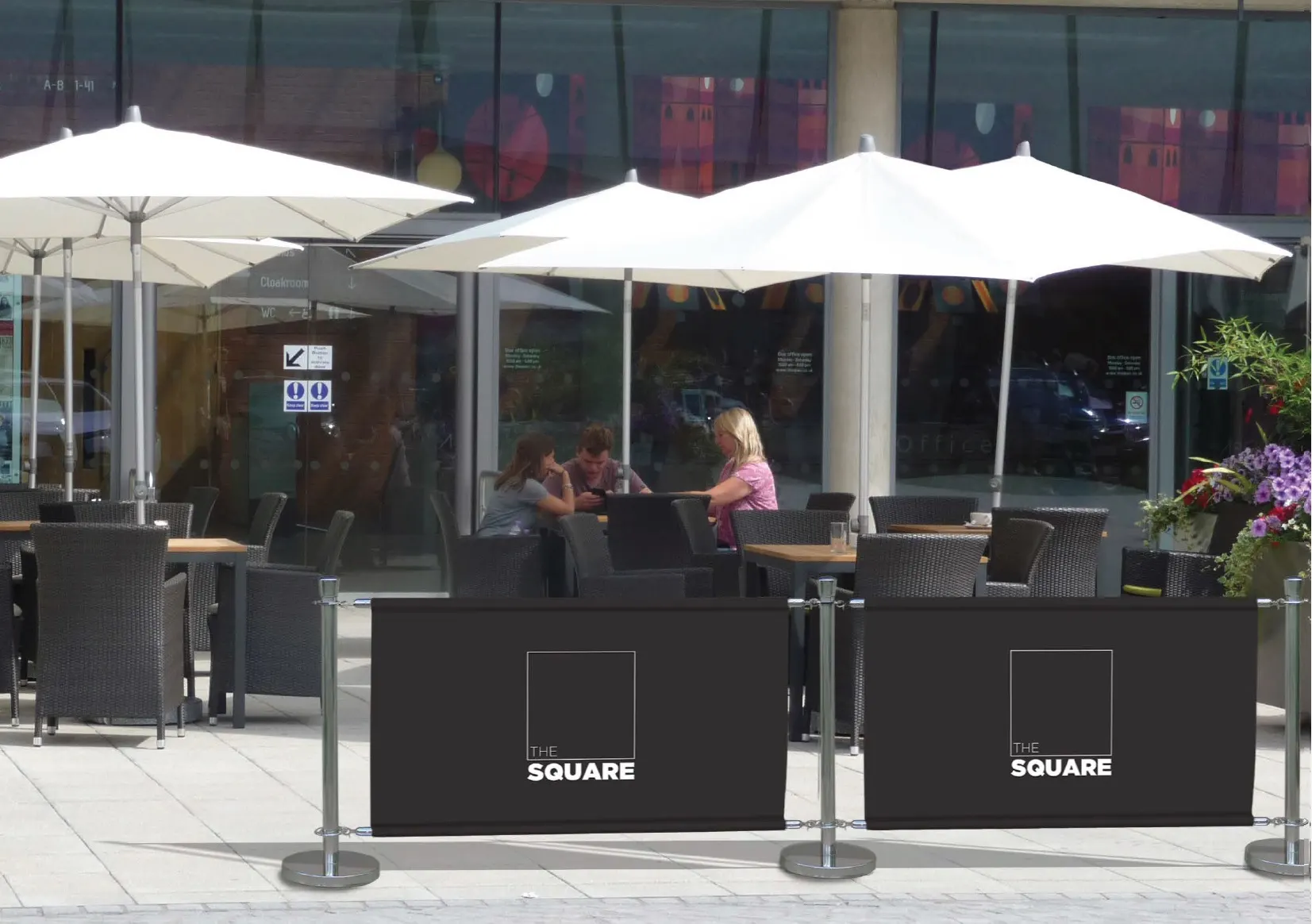The intersection of technology and holistic therapies presents a promising avenue for addiction recovery. By utilizing digital platforms, individuals can access diverse tools that enhance emotional and physical well-being. Virtual support groups and mindfulness apps create opportunities for connection and self-discovery. As this integration evolves, it raises important questions about the effectiveness and accessibility of these resources. What innovative solutions will shape the future of holistic recovery?
Key Takeaways
- Utilize mindfulness and meditation apps to reduce stress and enhance emotional resilience during recovery.
- Leverage virtual support groups to foster community and reduce feelings of isolation among individuals in recovery.
- Implement journaling tools for self-reflection and tracking personal progress throughout the addiction recovery journey.
- Integrate nutrition and wellness tracking apps to promote physical health and support overall well-being in recovery.
- Explore teletherapy options for accessible, personalized care that combines traditional and holistic approaches to addiction recovery.
Understanding Holistic Therapies for Addiction Recovery
While traditional approaches to addiction recovery often focus on medical and psychological interventions, understanding holistic therapies for addiction recovery reveals a more extensive perspective. These therapies emphasize the interconnectedness of mind, body, and spirit, fostering a sense of belonging and community among individuals on their recovery journey. Practices such as yoga, meditation, art therapy, and nutritional counseling encourage self-exploration and healing, allowing individuals to address underlying emotional and spiritual issues related to addiction. By integrating these holistic therapies, individuals can cultivate resilience, improve overall well-being, and develop healthier coping mechanisms. This extensive approach not only aids in overcoming addiction but also fosters a supportive environment where individuals can connect, share experiences, and truly thrive in their recovery journey.
The Role of Technology in Enhancing Holistic Approaches
The integration of technology into holistic therapies for addiction recovery offers a promising avenue for enhancing the effectiveness of these approaches. By utilizing digital platforms, individuals can access resources that support their emotional and physical well-being, fostering a sense of community and connection. Virtual support groups and online counseling provide safe spaces for individuals to share their experiences, reducing feelings of isolation. Additionally, technology can facilitate personalized care through data tracking and feedback, allowing practitioners to tailor interventions to each individual’s needs. This synergy between technology and holistic practices not only empowers individuals in their recovery journeys but also cultivates a nurturing environment where they can thrive, reinforcing their sense of belonging and purpose in the healing process.
Innovative Tools and Apps for Holistic Healing
Innovative tools and apps are transforming the landscape of holistic therapies for addiction recovery, offering new avenues for individuals seeking support. These technologies provide accessible resources that can enhance emotional, mental, and spiritual healing. Users can benefit from a variety of features designed to promote well-being and foster connection within a supportive community.
- Mindfulness and meditation apps for stress reduction
- Virtual support groups to share experiences and encouragement
- Journaling tools to track progress and reflect on feelings
- Nutrition and wellness tracking to support physical health
- Guided exercises for yoga and breathwork to enhance relaxation
Integrating Traditional and Holistic Methods for Comprehensive Care
Integrating traditional and holistic methods for extensive care offers a multifaceted approach to addiction recovery that can greatly enhance healing outcomes. This integration recognizes the complexity of addiction and the need for thorough strategies that address both the physical and emotional aspects of recovery. Traditional therapies, such as counseling and medication, can be effectively complemented by holistic therapies like mindfulness, yoga, and nutritional support. By creating a supportive environment where individuals feel understood and valued, this combined approach fosters a sense of belonging and community. As patients engage in diverse healing practices, they develop a more profound connection to their recovery journey, ultimately empowering them to reclaim their lives from addiction. Holistic therapies for addiction recovery can therefore create lasting transformation.

Future Trends in Holistic Therapies for Addiction Recovery
As the landscape of addiction recovery continues to evolve, a growing emphasis on holistic therapies for addiction recovery is becoming apparent. Future trends indicate a shift toward more integrative approaches that address the complete well-being of individuals.
- Increased use of teletherapy for accessibility to holistic practices.
- Integration of wearable technology to monitor mental and physical health.
- Emphasis on community support through online platforms and forums.
- Development of personalized wellness plans that incorporate multiple modalities.
- Greater collaboration between healthcare providers and holistic practitioners.
These trends reflect a collective understanding that healing is multifaceted, encouraging individuals to embrace their unique journeys and foster a sense of belonging within supportive communities.
Frequently Asked Questions
What Are Common Misconceptions About Holistic Therapies for Addiction Recovery?
Common misconceptions about holistic therapies for addiction recovery include beliefs that they are ineffective, solely alternative, or a substitute for medical treatment. In reality, these therapies often complement traditional methods, fostering overall healing and well-being.
Can Holistic Therapies Be Effective for All Types of Addiction?
Holistic therapies can be effective for many types of addiction, as they address the individual’s physical, emotional, and spiritual needs. However, their success varies, necessitating a personalized approach that complements traditional recovery methods.
How Long Does It Take to See Results From Holistic Therapies?
Results from holistic therapies can vary widely, typically manifesting within weeks to months. Individual commitment, therapy type, and personal circumstances influence progress, emphasizing the importance of patience and supportive community engagement during the recovery journey.
Are There Any Risks Associated With Holistic Therapies for Addiction Recovery?
Yes, there are risks associated with holistic therapies for addiction recovery, including potential interactions with conventional treatments, emotional distress, or inadequate support. Individuals should consult healthcare professionals to guarantee safe and beneficial integration of these therapies.
How Can Family Support Enhance the Effectiveness of Holistic Therapies?
Family support can greatly enhance the effectiveness of holistic therapies for addiction recovery by fostering a nurturing environment, encouraging open communication, and providing emotional stability, ultimately helping individuals feel understood, valued, and motivated in their healing journey.
Conclusion
In summary, the integration of technology with holistic therapies offers a promising avenue for addiction recovery. By fostering community connections and providing innovative tools for self-exploration, individuals can navigate their healing journeys with greater support and resilience. This all-encompassing approach not only addresses the physical aspects of addiction but also nurtures emotional and spiritual well-being. As these methods continue to evolve, they hold the potential to transform lives, offering hope and empowerment to those seeking recovery.
You May Also Like To Read:





